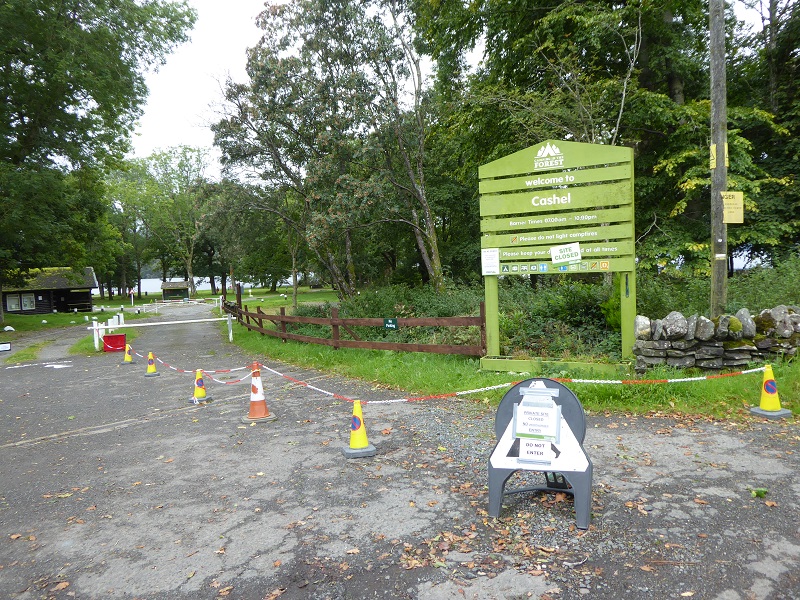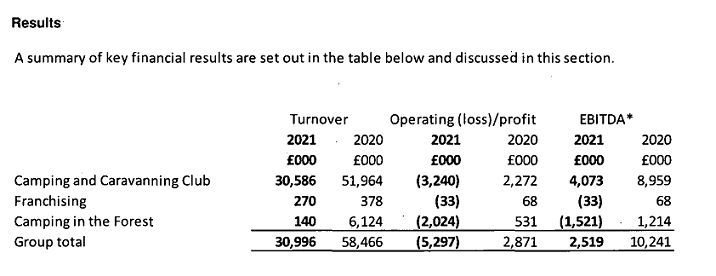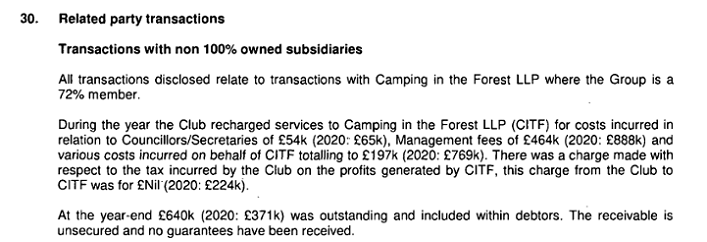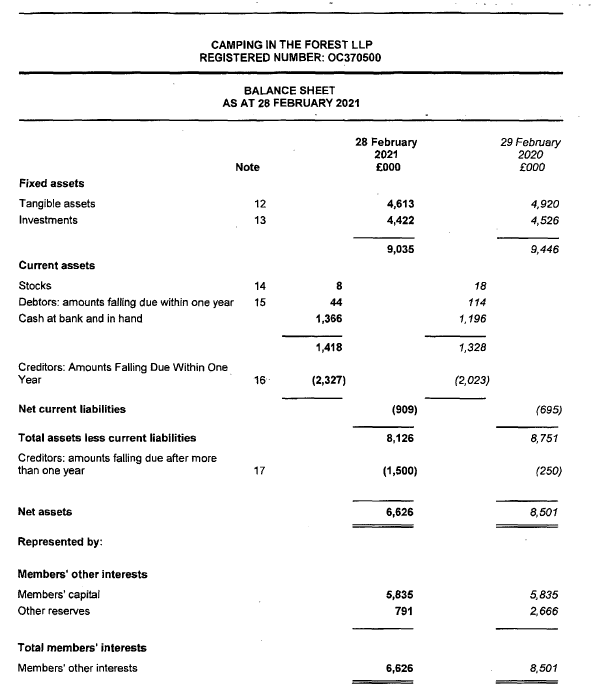
On 25th February Forestry and Land Scotland and Forestry England issued a joint news release (see here) announcing that they had acquired the Camping and Caravanning Club (CCC)’s majority stake in Camping in the Forest (CITF) which manages three campsites in prime locations in Scotland’s National Parks: at Glenmore in the Cairngorms; Cashel on Loch Lomond; and Cobleland in the Trossachs. This is very welcome as CITF failed to re-open these three campsites in 2020 after lockdown was released. This had disastrous consequences as the campsites stood empty while campers and campervanners flocked to the countryside as never before.
I argued at the time (see here) that the CCC was clearly unfit to manage these campsites and that Scottish Government minister responsible, Fergus Ewing, who rightly demanded the campsites needed to re-open should intervene, terminate the lease and ask Forest and Land Scotland (FLS) to re-assume responsibility for their management.
It may have taken 18 months – and the CCC will continue to manage the campsites for a further year – but this very quick compared to the 10 years it has taken FLS to start planting trees above the Rest and Be Thankful (see here). Perhaps Mr Ewing, who is often justly criticised, deserves some applause in this case?
FLS/Forestry England’s announcement did not say how much they have paid to acquire the CCC’s 72% stake in CITF. The claim by an FLS spokesperson in the Strathy that the sum is commercially confidential (see here) is nonsense: the sum will eventually appear in CCC’s accounts. Meantime information has appeared on the Companies House website which casts further light on the extent of the disaster in 2020 and raises questions about what FLS should have paid to buy back the business.
The costs of the 2020 campsite closures
The financial consequences of the decision not to re-open the CITF campsites are best seen from the Camping and Caravanning Club’s accounts for the year until the end of February 2021 (see here), i.e exactly the first year of the Covid pandemic: 
While the CCC’s total income for 2020/21 almost halved, that for its subsidiary CITF collapsed.
The difference is explained by CCC’s decision to re-open its own sites but keep the former Forestry Commission sites they managed through CITF closed. Had the CITF campsites re-opened like the other CCC sites it is likely that the loss would have been reduced to c£800,000 at most. The decision to keep these campsites closed therefore made no commercial sense, so why was it allowed to happen?
According to the rules of the Limited Liability Partnership, profits and losses were shared between partners according to their stake. With FLS and Forestry England having a 28% stake in the business, the cost to them of keeping 16 campsites across the UK closed will have been over £500,000. While the CITF accounts (see here) reveal this cost will have been partially offset through FLS receiving £91,489 for ground rent and site repairs, we also know that in Glen More FLS took on an extra 16 staff to help manage visitors. The total cost of the closure to FLS therefore will have been significant.
At the same time, however, CCC’s accounts reveal that during this period they received over £500k in fees for managing these empty campsites:

The closure of the campsites also had further knock-on impacts on the local economy. The CITF accounts show they received £195k from the coronavirus retention scheme and other government grants but that the average number of monthly staff reduced from 62 to 23.
The accounts therefore show quite conclusively that it was in the public interest that Scottish Ministers terminated their agreement with the CCC. The main questions are whether they couldn’t have done it more quickly and what further management charges will be extracted by the CCC this year.
What was Camping in the Forest worth?

The short answer is the bottom line, £6,626,000: if FLS and Forestry England paid CCC for their 72% share that would come to £4,770,720, a significant sum of money.
Set against this FLS might have been able to negotiate their loss of income from last year and the future rent CCC was due to pay in rent and non-cancellable operating leases, a considerable sum (it appears from the accounts that £2m ground rent may have been due for each campsite by 2046). Given these considerations it seems to me in the public interest that FLS should disclose, sooner rather than later, how much they actually paid to take back CITF from CCC.
What about the future?
Both of our National Park Authorities have a statutory duty to promote public enjoyment of the countryside but they remained silent about CCC’s decision to keep these campsites closed in 2020 even though they, like FLS, are likely to have incurred extra costs as a result. They should not remain silent now.
The CCC has been charging extortionate amounts for all three campsites. A booking for tomorrow night, i.e mid-week off season, for a small tent cost would cost you £15 at Glen More, £16.80 at Cashel and £18.50 at Cobleland. Peak season charges are way higher. That is not camping for all. The Cairngorms and Loch Lomond and Trossachs National Park Authorities need to tell FLS that, having taken back the business, it is time to review and reduce the charges to make the campsites more accessible. That could be informed by a benchmarking exercise with campsites in mountain areas in Europe where charges tend to be far lower.
FLS’s ability to reduce the charges will depend in part on what it paid to take back the business and whether the costs of that will have to be re-paid from future campsite fees. One reason campsites in Scotland are generally more expensive than those in Europe comes down to the value of land and the place of rent in our economy. High land prices and restricted land availability drive up prices both for local housing and for visitors. On land that is publicly owned Scottish Ministers should be demonstrating how to do things differently instead of apeing landowners.
It will be interesting to see what they charge when FLS take the sites back, whether they run them directly (as they used to do) or simply franchise them out to someone else.
CCC is continually pushing their own sites upmarket with ever more hardstandings and EHU, luxury shower blocks etc. where basic grass pitches are theoretically available they are notoriously difficult to get for most of the year “in case the grass gets damaged” and not at all during the winter season. Hopefully the FLS sites will be more basic with prices to match.
I’m not too hopeful as I assume the pricing structure differs between CCC and CITF sites because FLS / FE want it that way; one example is that CITF sites charge £5 extra for a trailer – so a campervan or motorhome towing a luggage trailer or boat etc. pays £5 more than a car and caravan outfit with the same footprint which makes no sense.
The unmet demand is for a basic space with minimal facilities but particularly in Scotland any discussion of additional provision rapidly turns into upmarket luxury sites at premium prices.
I see FLS have finally announced that Stay the Night will operate again this year – but only from 1st April again. Why can’t they commit to doing this in the medium to long term and make it year round?